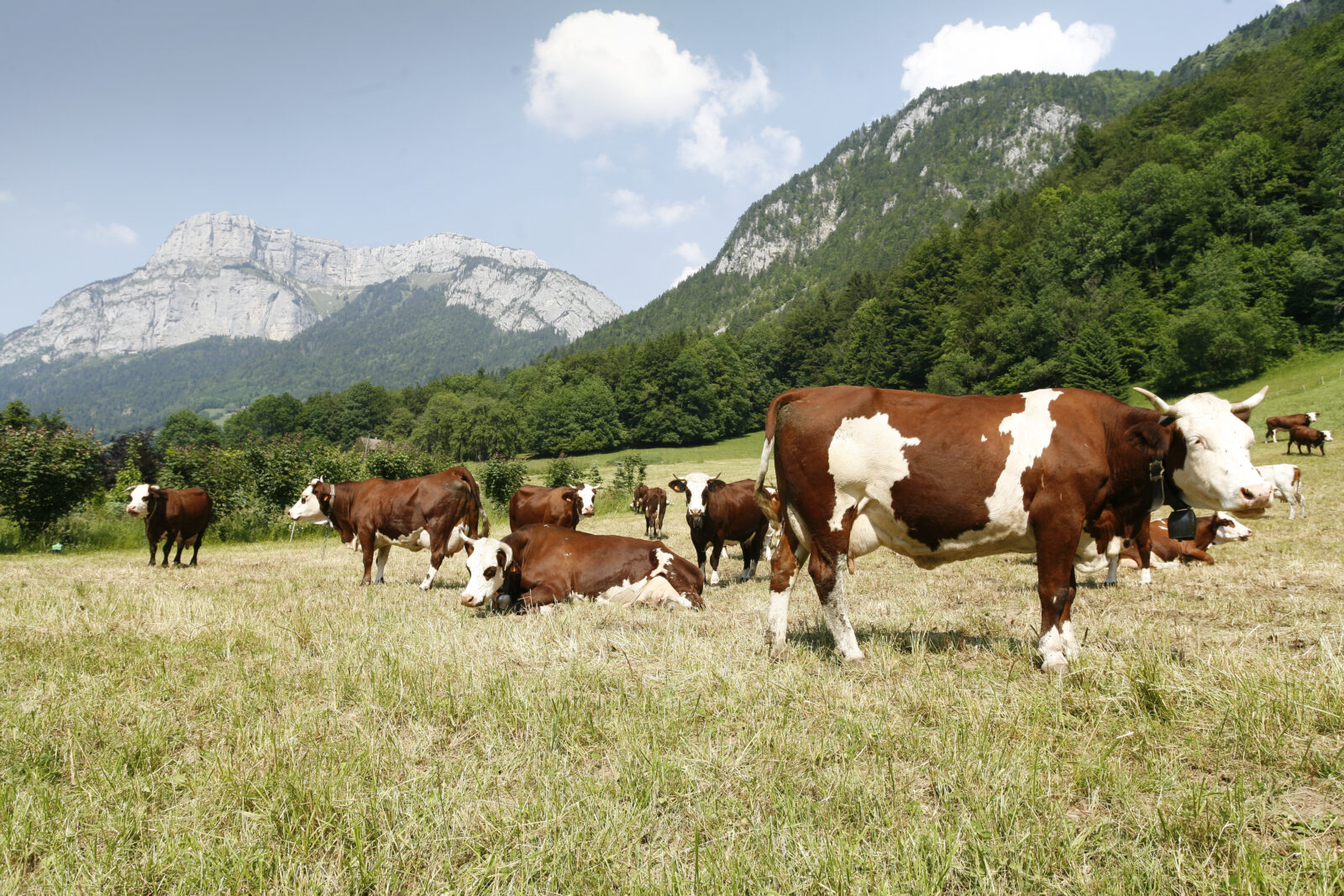Animal health and welfare

As the world’s leading dairy group, Lactalis pays particular attention to all the animals in its value chain, and especially to the 5 million dairy animals (cows, buffaloes, sheep and goats) that produce the milk the group processes every day.
Lactalis recognizes and fully respects them as sensitive beings, capable of feeling emotions and entitled to enjoy good physical and mental health: contributing to their well-being is a responsibility for Lactalis.
There is also a link between their well-being and milk quality. Contributing to animal welfare thus helps to improve the performance of our partner breeders and to meet the expectations of our consumers and the general public.
Commitments (in 8 pilot countries representing around 50% of our worldwide milk collection) :
-
100 % of our dairy technicians have been trained in animal welfare best practices since 2023.
-
100 % of our direct partner farms will be assessed on animal welfare by the end of 2025.
-
Elimination of the most problematic animal welfare practices, such as tail docking and dehorning of calves after 8 weeks.


